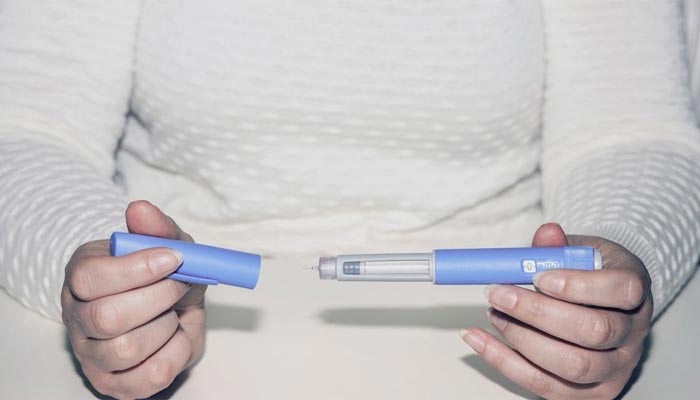
A recent study revealed that popular weight-loss drugs GLP-1 such as Ozempic, Wegovy and Zepbound produce lower weight loss in real-world settings as compared to clinical trials.
The average patient reduced 8.7% of their entire body weight following a year, less than the 15-21% weight loss achieved in clinical trials, according to Healthday.
The researchers highlighted two major factors that may be driving these results.
- Increased rates of halting in the real world
- Reduced maintenance doses that are used in clinical practice
The study included up to 7,900 individuals suffering from obesity who started consuming semaglutide or tirzepatide in a real-world setting between 2021 and 2023.
More than 20% of the patients stopped their medications within 3 months and 32% discontinued between 3 and 12 months.
In addition, more than 80% of the participants were given reduced maintenance doses as compared to those used in the trials.
Following a year, the average weight reduction was 3.6% in patients who discontinued their treatment initially and to 6.8% among those who stopped later.
However, Patients who did not stop treatment significantly reduced 11.9% of their body weight.
Stopping treatment also negatively impacted blood sugar control in patients with pre-diabetes, according to the results
The lead author stated, “This study highlights that treatment discontinuation, especially early, negatively affects both weight and glycemic control outcomes.”
Researchers stressed over the need of further studies to determine why patients stopped their obesity medications in a real-world setting.












